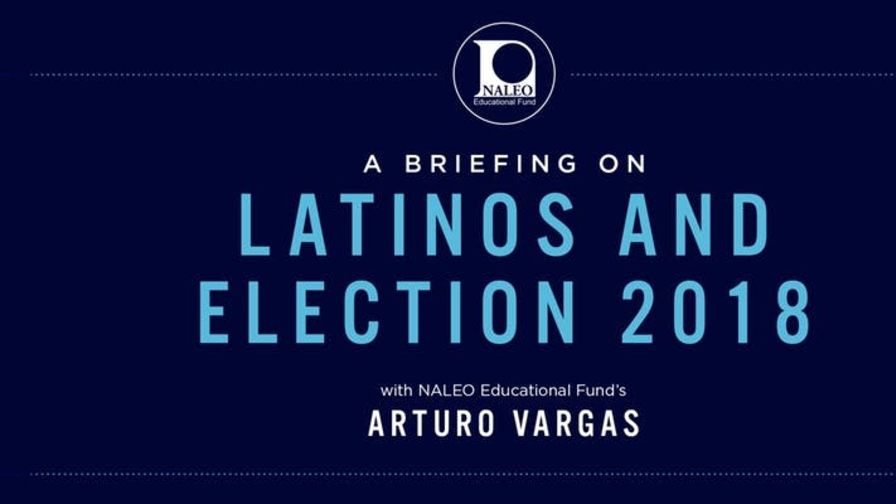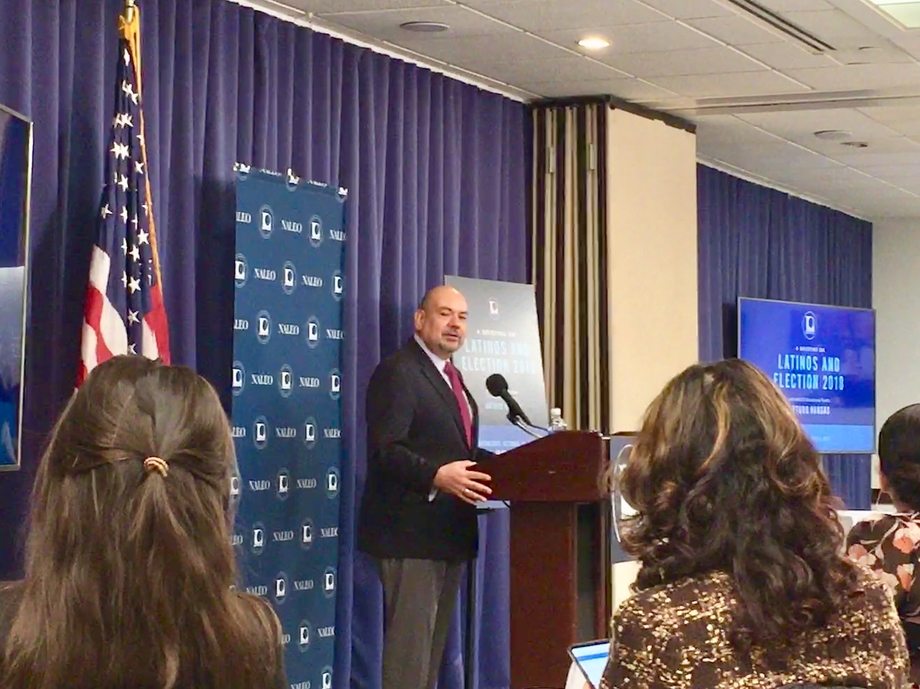Even once Latino voters are mobilized, however, they can often encounter problems at the polls. NALEO predicts that ID requirements to cast a ballot in states like Georgia, Mississippi, Kansas, and Tennessee will affect more than 1 million Latino voters. This is because Latino citizens are less likely than other demographics to have one of the approved forms of identification required by these states. The organization also found that 46% of Latino voters they surveyed had experienced one or more issues with voting. Nearly one-third of surveyed voters reported experiencing very long wait times that inhibited their ability to vote.
Thankfully, many groups are coming to help, including the state and local Leagues all around the country. In many states with recently implemented Voter ID laws, Leagues have advocated against them or fought them in court. LWV’s New Citizens Voter Registration Grant program provides funding for local Leagues to register new citizens to vote. In my home state of Kansas, Leagues are mobilizing volunteers to knock on doors and offer rides to Latino voters in Dodge City, a city with a high Latino population and only one polling place for its 27,000 citizens.
While it’s important to understand that no voting bloc is a monolith, when it comes to voting access, it can be very useful to look closely at the factors that affect specific populations disproportionately compared to others. I’m thankful for NALEO’s work in identifying these factors for Latino communities in the U.S.







